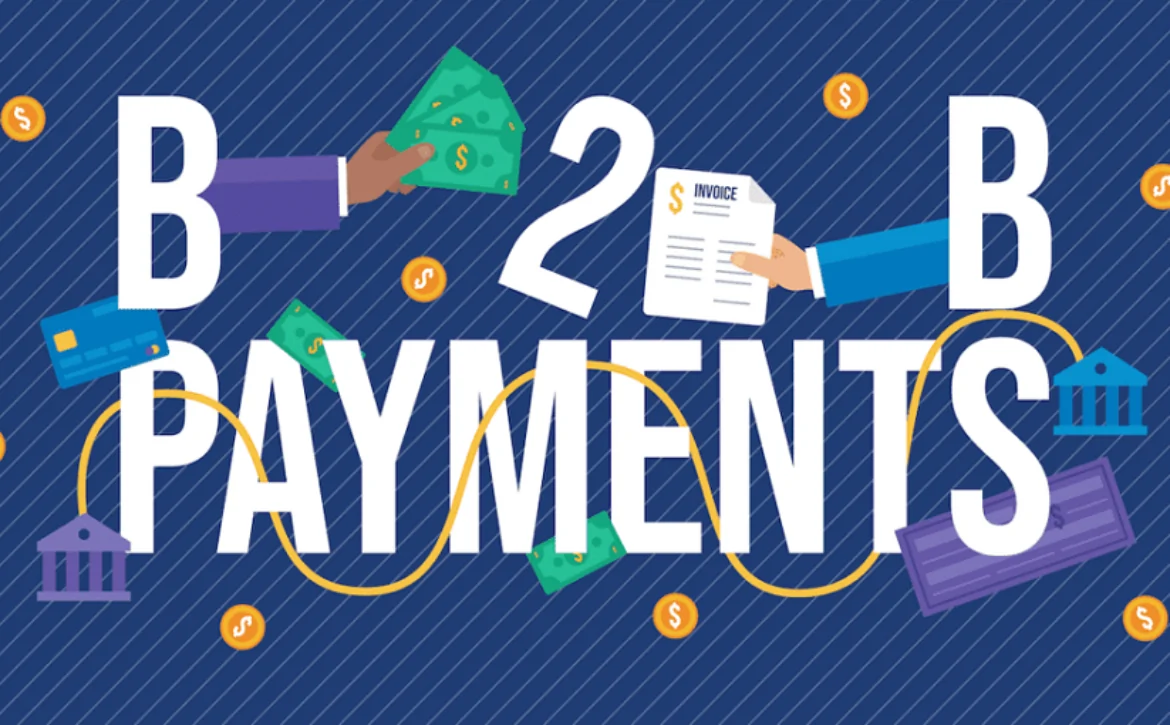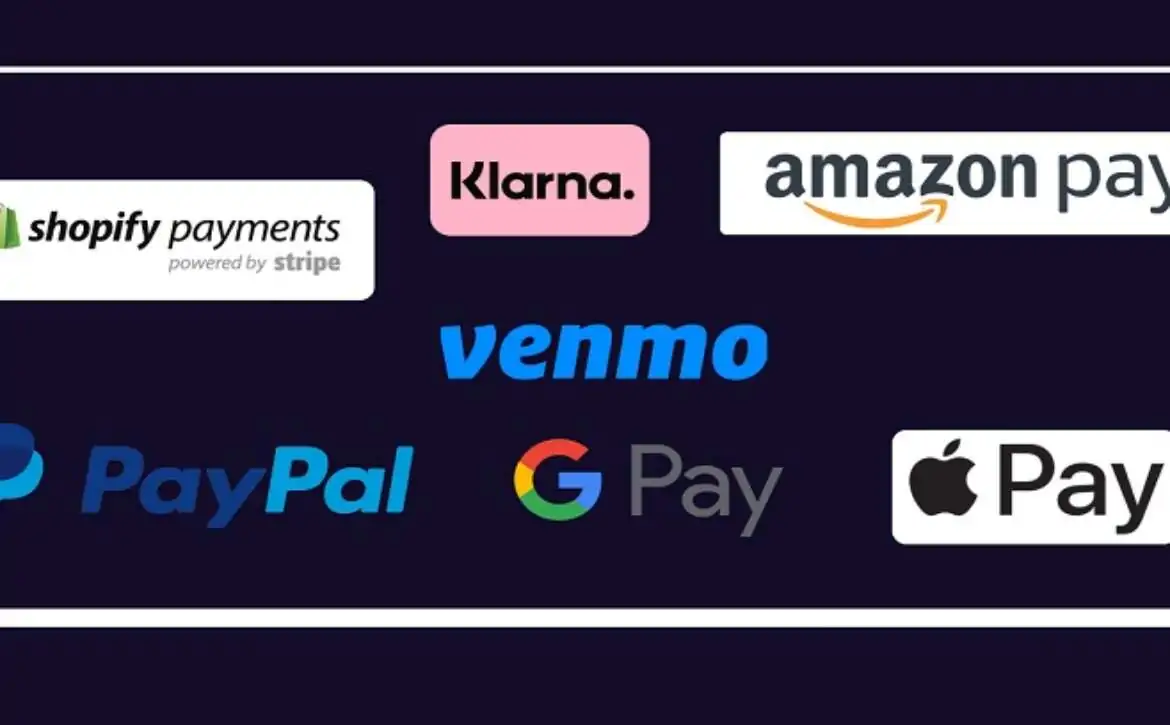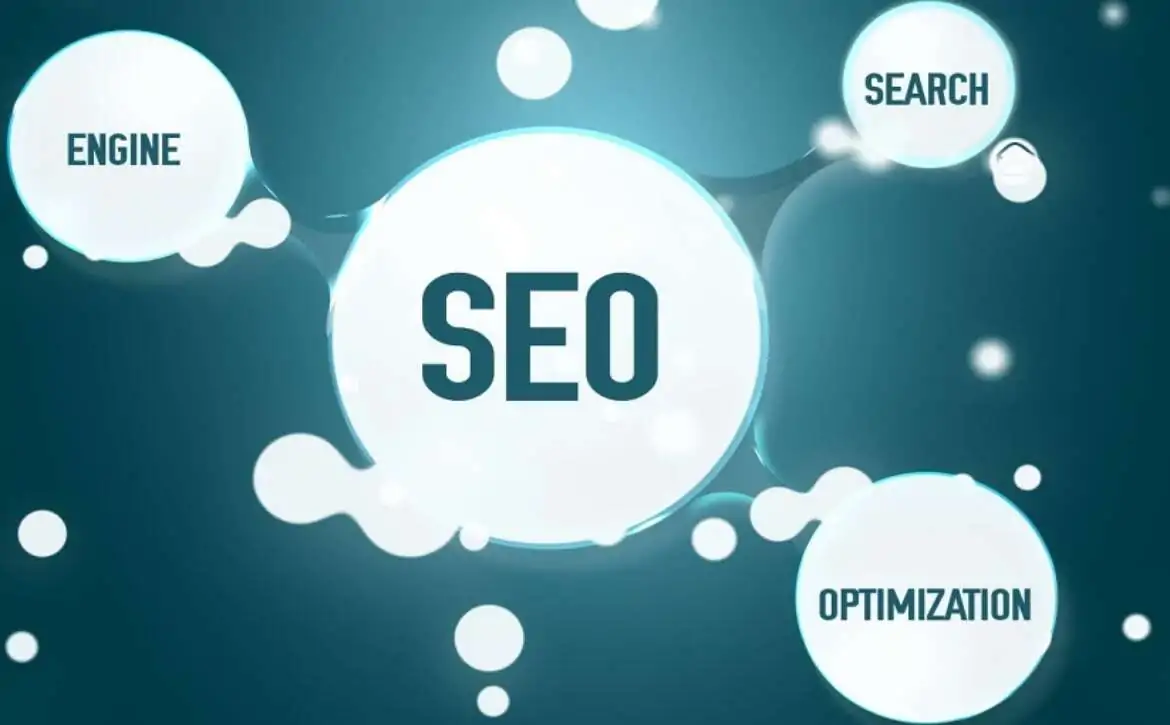A Guide to Choosing the Right B2B Payment Gateway for Business
In the rapidly evolving digital economy, B2B companies are facing increased pressure to streamline their payment processes while maintaining high levels of security, efficiency, and compliance. Gone are the days when traditional payment methods, such as checks or wire transfers, could adequately serve the fast-paced needs of businesses. As B2B transactions become more complex, involving larger sums, diverse payment methods, and multi-currency requirements, businesses must adopt modern solutions to stay competitive. One of the most effective ways to ensure smooth, secure, and timely payments between businesses is through a B2B payment gateway.
A B2B payment serves as the technological backbone for processing business transactions, facilitating everything from invoicing and credit card processing to fraud prevention and multi-currency payments. These gateways are specifically designed to handle the unique needs of B2B transactions, offering tools that help businesses automate processes, reduce payment delays, and improve cash flow. The right B2B payment can reduce errors, enhance security, and integrate seamlessly with existing software systems like accounting platforms and customer relationship management (CRM) tools. With so many options available, ranging from established platforms like PayTrace payment gateway to emerging providers, choosing the right solution can be overwhelming.
Businesses looking for the best solution often turn to resources such as B2B payment reviews or compare the offerings of top B2B payments companies to make an informed decision. The choice of a payment gateway is critical because it directly impacts how businesses handle credit card payments, ACH transactions, and even recurring payments. Furthermore, features like B2B credit card processing, customizable invoicing, and international payment support are essential for companies operating in a global marketplace.
This comprehensive guide will walk you through everything you need to know to choose the best B2B payment gateway for your business.
What is a B2B Payment Gateway?
A B2B payment is a technology platform that facilitates the processing of payments between two businesses. Unlike B2C transactions, which typically involve direct consumer purchases, B2B payments occur between two companies and often include more complex requirements like bulk orders, invoicing, and multiple payment methods.
A B2B payment helps companies streamline these transactions by automating key processes like credit card authorization, invoicing, and fraud prevention. The goal is to simplify the payment process while maintaining high levels of security and compliance.
With the increasing shift towards digital transactions, businesses of all sizes from startups to multinational corporations are adopting B2B payment to speed up payment cycles, reduce transaction costs, and improve their cash flow.
Key Features of a B2B Payment Gateway
When choosing a B2B payment gateway, it’s important to consider several key features that will ensure seamless and efficient transactions:
a. Security and Compliance
B2B payments involve sensitive financial information, and any breach could have catastrophic consequences for a business. Therefore, security should be the top priority when choosing a payment gateway. Ensure that the gateway is PCI-DSS compliant and offers encryption, tokenization, and multi-factor authentication to protect your transactions.
b. Multi-Currency and Cross-Border Payments
As businesses go global, the need for gateways that can handle multiple currencies and cross-border transactions has become essential. Look for gateways that support international payments, convert currency efficiently, and adhere to local regulatory requirements.
c. B2B Credit Card Processing
Credit card processing is an integral part of B2B payments. Some gateways specialize in B2B credit card processing, offering features like Level 2 and Level 3 data processing, which helps reduce transaction fees and provides detailed information that helps businesses manage their finances better.
d. Integration with Existing Software
Many businesses rely on various software systems for accounting, inventory management, and customer relationship management (CRM). The best B2B payment integrates seamlessly with existing software, automating the payment process and reducing manual work.
e. Payment Flexibility
A key feature of any good B2B payment is flexibility. It should support various payment methods such as credit cards, ACH payments, wire transfers, and checks. This ensures that you can offer clients multiple payment options, improving cash flow and reducing delays.
f. Customizable Invoicing
Invoicing is a critical aspect of B2B transactions. A good payment gateway should offer customizable invoicing options that allow businesses to create, send, and track invoices automatically. This feature reduces manual errors and accelerates payment cycles.
g. B2B Payment Gateway Login and User Experience
A streamlined B2B payment login is essential for providing a smooth experience for users. Make sure the gateway offers an intuitive and easy-to-navigate dashboard, which allows users to monitor payments, track invoices, and manage refunds efficiently.
Benefits of Using a B2B Payment Gateway
Using a B2B payment software offers numerous advantages for businesses of all sizes, providing significant improvements in payment processing, security, and operational efficiency. As companies shift towards digital solutions for financial transactions, the adoption of a B2B payment has become an essential step in optimizing business operations. Below are the key benefits of integrating a B2B payment into your business:
a. Faster Payments
Traditional B2B payments, such as checks or wire transfers, often take days or even weeks to process. By using a B2B payment, businesses can speed up payments, reducing the time it takes to receive funds from clients.
b. Cost Savings
While there are fees associated with using a payment gateway, the time and labor saved can offset these costs. Additionally, gateways offering Level 2 and Level 3 data processing can help reduce the fees associated with B2B credit card processing.
c. Improved Cash Flow
Automating payments means businesses can receive funds more quickly, leading to improved cash flow. This is particularly important for smaller businesses or those operating on tight margins.
d. Increased Security
Payment gateways offer advanced security features that help prevent fraud and protect sensitive financial information. This is especially important in B2B transactions, which often involve larger sums of money and more complex payment arrangements.
e. Automated Accounting
Integrating payment gateways with accounting software can help businesses automate their bookkeeping. This guarantees that financial records are always current and lowers the possibility of human error.
FAQs
What is a B2B payment gateway?
A B2B payment is a secure online platform for businesses to process large-scale financial transactions, offering features like automated invoicing, multi-currency support, and credit card processing, enhancing security, improving cash flow, and reducing manual errors.
What is the best payment method for B2B?
B2B transactions typically involve ACH transfers, wire transfers, and credit card payments. ACH transfers are cost-effective for domestic payments, wire transfers for larger or international transactions, and credit card payments for convenience and faster processing. The optimal payment method depends on the business’s needs.
What is the difference between B2B and B2C payment gateway?
B2B payment handles larger transactions between businesses, focusing on security, scalability, and integration with business software. They prioritize security and scalability, while B2C gateways handle smaller, frequent consumer transactions, requiring simpler interfaces and support for various payment methods like credit cards and digital wallets.
Is Stripe B2B?
Stripe is a B2B payment solution that enables businesses to process transactions, manage invoicing, and handle recurring payments. It offers features like ACH payments, multi-currency support, and integration with business software.
Is Stripe like Shopify?
Stripe and Shopify are payment processing platforms for online businesses, with Stripe focusing on transactions, billing, and subscriptions. Shopify is an e-commerce platform for online store management, offering website hosting, product management, and marketing tools.
Top B2B Payment Gateway Providers
The market is flooded with B2B payments companies, each offering unique features and benefits. Here are some of the top B2B payments companies to consider:
a. PayTrace Payment Gateway
One of the most popular options, PayTrace payment gateway, offers a robust platform for processing B2B payments. PayTrace specializes in B2B credit card processing, offering Level 2 and Level 3 processing, which helps businesses reduce fees. PayTrace integrates seamlessly with various accounting and CRM software, providing an all-in-one solution for businesses looking to optimize their payment processes.
b. Authorize.Net
A long-standing leader in the payment processing industry, Authorize.Net offers customizable invoicing, recurring billing, and fraud detection features. It also supports multiple payment methods, including credit cards, ACH, and e-checks, making it an ideal solution for businesses with diverse payment needs.
c. Stripe
Stripe has made a name for itself as one of the top B2B payments companies by offering a powerful API that allows businesses to customize their payment processes. Stripe supports multiple payment methods and currencies and is known for its robust security features.
d. Square
Square is known for its simple user interface and affordability, making it a popular choice for small and medium-sized businesses. Square offers a B2B payment that integrates with various e-commerce platforms and POS systems, offering flexibility and ease of use.
e. Braintree
Owned by PayPal, Braintree offers advanced features such as recurring billing, fraud protection, and multi-currency support. It is a great option for businesses that operate globally and need a robust payment solution.
How to Choose the Right B2B Payment Gateway for Your Business
To choose the right B2B payment, consider your business’s specific needs and transaction complexity. Factors to consider include understanding transaction volume and needs, ensuring seamless integration with existing systems, evaluating security measures like advanced encryption, tokenization, and fraud detection, checking B2B payment gateway reviews, and assessing payment flexibility. High-volume businesses may benefit from lower transaction fees, while smaller companies may prioritize user-friendly interfaces and integration with existing software.
Ensure the gateway integrates seamlessly with your accounting or CRM software, automating payments and reducing manual errors. Security measures like encryption, tokenization, and fraud detection are crucial for B2B transactions. Checking B2B payment reviews can provide insight into the provider’s reliability, customer service, and ease of use.
Lastly, assess payment flexibility by choosing a gateway that supports various payment options, such as B2B credit card processing, ACH transfers, and wire payments.
Common Pitfalls to Avoid When Choosing a B2B Payment Gateway
When choosing a B2B payment, avoid overlooking transaction fees, ignoring scalability, and not testing the user experience. Transaction fees can add up, especially for businesses processing high volumes of payments. Select a solution that can accommodate increased transaction volumes and provide more sophisticated features as required.Additionally, ensure both your team and clients have a positive experience by testing the login process or interface, as a cumbersome one can slow down transactions and frustrate users.
B2B Payment Examples: Real-World Scenarios
To understand how B2B payment work in practice, here are a few B2B payment examples:
- Wholesale to Retail: A retailer places a large order with a wholesale supplier. The supplier sends an invoice through the payment gateway, and the retailer pays via credit card or ACH transfer.
- International Trade: A manufacturer in the US sells products to a distributor in Europe. The payment gateway handles the currency conversion and ensures compliance with international regulations.
- Subscription-Based Services: A software company bills its clients monthly for access to its platform. The payment gateway automated recurring billing, ensuring that payments are collected on time.
In the end, choosing the right B2B payment gateway is crucial for business efficiency and growth. It should focus on security, integration, payment flexibility, and user experience. Whether you’re a small business or a large corporation, there are solutions to streamline transactions and enhance financial operations. With the rise of digital payments, it’s essential to choose a gateway that keeps your business competitive, secure, and ready for the future.











